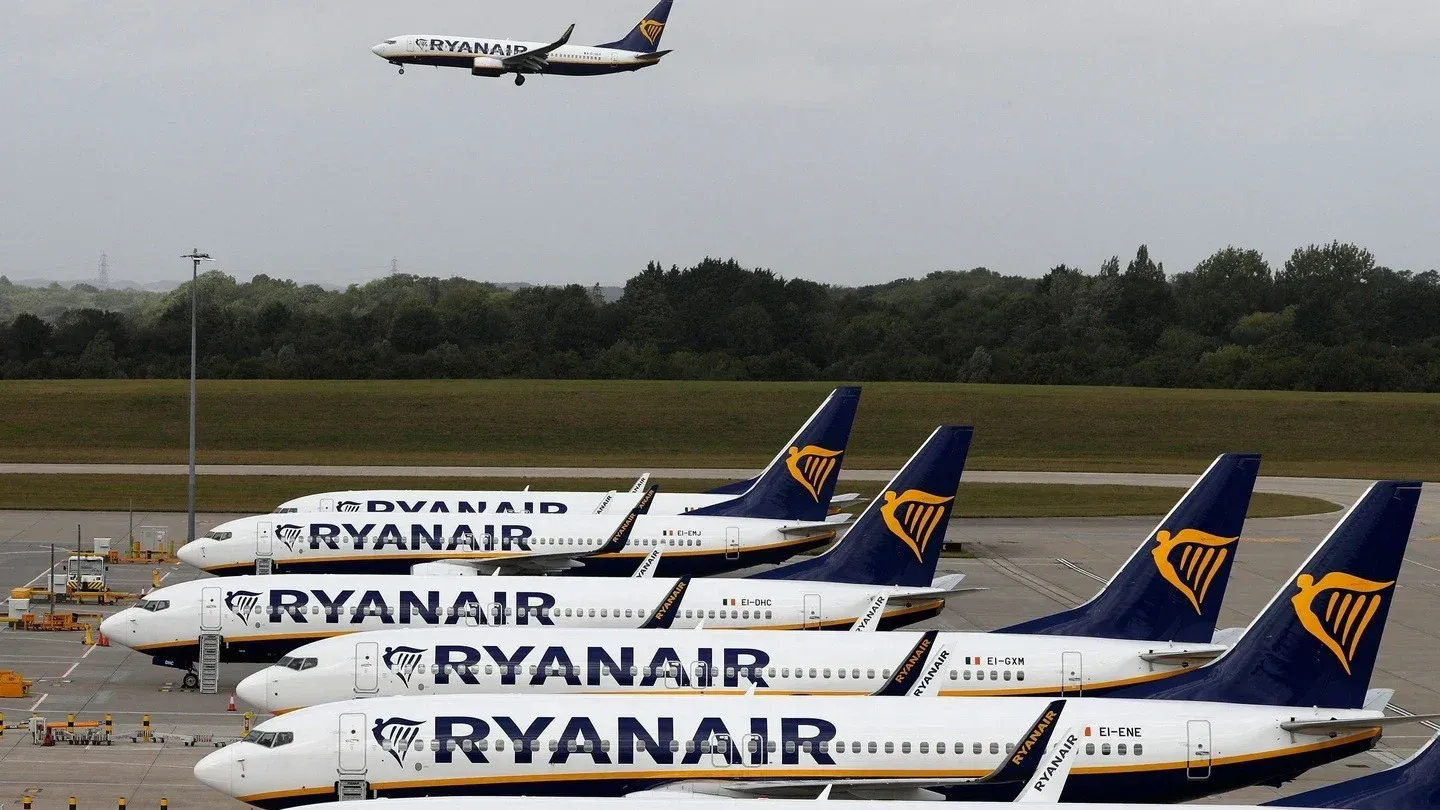In a significant political development, Micheál Martin has secured his position as Ireland’s Prime Minister (Taoiseach) following a decisive 95-76 parliamentary vote, marking a crucial turning point in Irish governance amidst mounting domestic and international challenges.
The appointment, which comes after Wednesday’s unexpected parliamentary disruption, represents a stabilizing moment for Ireland’s coalition government. Martin, leading the centre-right Fianna Fáil party, gained support through a strategic compromise with regional independent TDs, ensuring the government’s stability.
Key Challenges Facing the New Government:
- Urgent housing crisis resolution
- Healthcare system improvements
- Educational reforms
- Infrastructure development
- Economic management
- U.S. diplomatic relations, particularly regarding multinational corporations
In his acceptance speech, Martin emphasized his commitment to constructive leadership, stating, “Politics remains a force for good, a force for positive change.” This perspective comes at a crucial time as Ireland faces both domestic pressures and international challenges.
The coalition structure maintains its innovative rotating leadership arrangement, with Martin set to serve until November 2027, when Simon Harris, current leader of Fine Gael, will assume the role of Taoiseach. Harris will meanwhile serve as Deputy Prime Minister with enhanced responsibilities in foreign affairs and international trade.
Cabinet appointments include veteran politician Paschal Donohoe, expected to retain his position as Finance Minister, while Helen McEntee, known for her Brexit diplomacy, is anticipated to take the Education portfolio.
A key priority for the new government will be managing relationships with U.S. multinationals like Apple, Microsoft, Meta, X, and Pfizer, particularly in light of potential Trump administration policies affecting international corporate operations.






